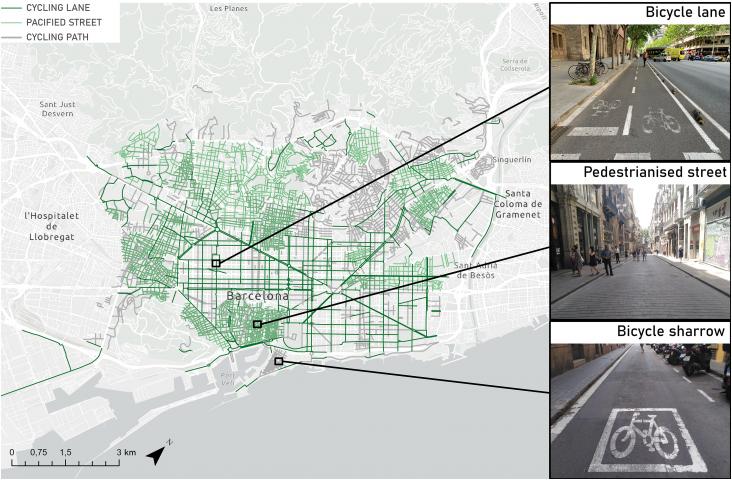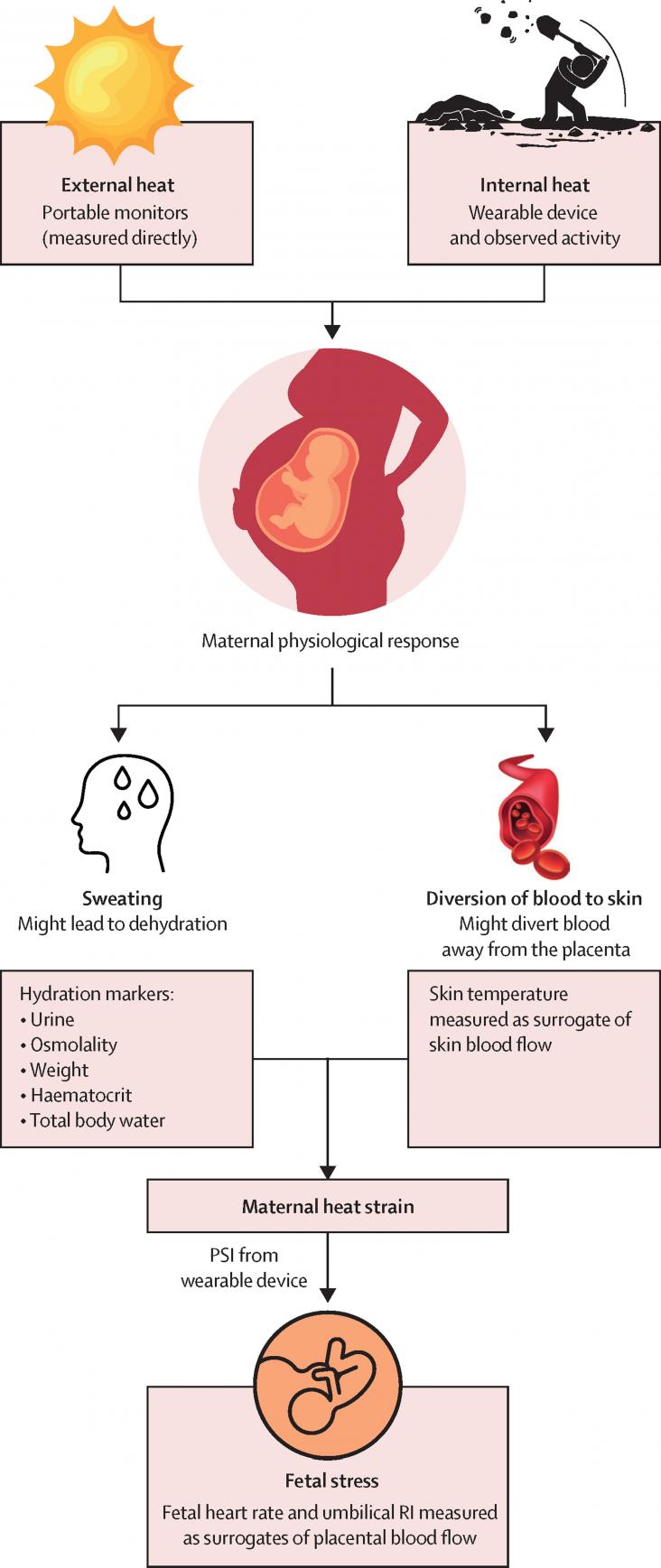This Article supports SDGs 3, 5, 10 and 16 by assessing changes in stillbirth rates overall and for Black and White women, finding that there was a substantial racial disparity and suggesting that targeted health and social policies are needed to address this issue.
Elsevier,
Women's Health in Medical Clinics of North America Volume 7, Issue 2, p. 385-395, March 2023
This content advances goals 5 and 10 by covering the risk factors, consquences, treatments, and optimal support and resources for victims of intimate partner violence.
This Review supports SDG 5 by describing a new framework and capacity development approach, the Public Leadership for Gender Equality (PL4GE), that promotes six key leadership practices for gender transformative change in public health.
This viewpoint supports SDGs 3, 5, 10 and 16, focusing on the drivers of Black maternal mortality and advocating the collection of disaggregated data to support improvements in Black maternal health.

This Study supports SDG 5 and SDG 11 by discussing innovations in micro-mobility and their unequal impacts by gender.
In support of SDG 5 and 11, this Study discusses which transport infrastructure innovations are required to support gender-equitable cycling, especially in developing countries.

This Article supports SDGs 3, 5, and 13, focusing on the mechanisms for adverse outcomes caused by environmental heat stress in pregnant subsistence farmers.
This Study supports SDGs 3, 5 and 10 by exploring the national impact of limited English proficiency (LEP) in breast cancer screening. Previously unknown, the results showed that LEP women, particularly Spanish speakers, are associated with a lower probability of having a screening mammogram.
This chapter aligns with SDG Goal 5: Gender equality and Goal 9: Industry, innovation and infrastructure by exploring the role women have played in disaster recovery and how this engagement fosters and enhances women's leadership roles.
This Study supports SDGs 3, 5 and 10 by highlighting the significant variability in insurance coverage of Prophylactic Mastectomy (PM) between companies which can lead to further inequalities in access to this breast cancer risk reducing procedure. Physicians and patients alike should advocate for fair and equal access to PM for certain clinical indications.
